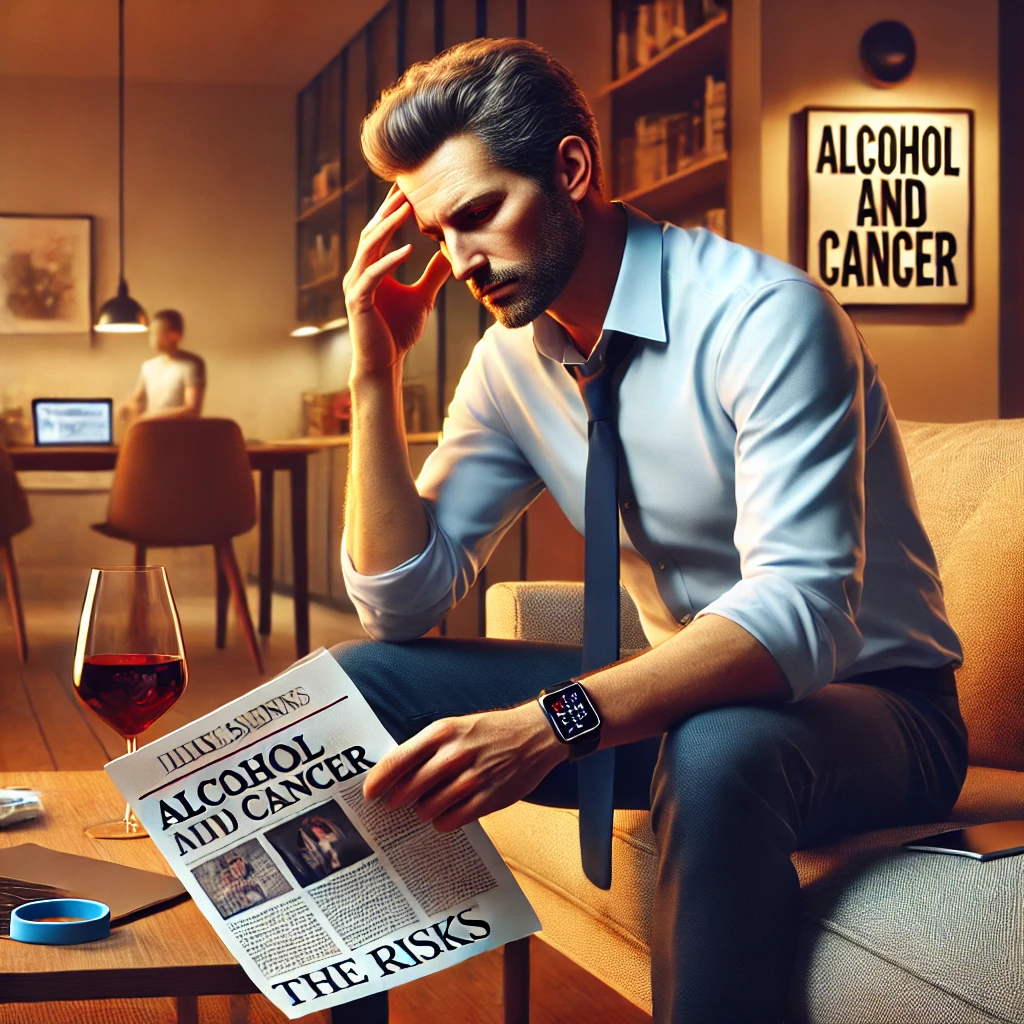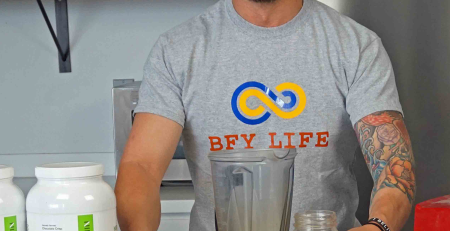Alcohol and Cancer
A Reality Check for Busy Professionals
I’ll admit it—after a long day of crunching numbers and handling clients, there’s nothing quite like kicking back with a glass of wine or a cold beer. It’s my way of decompressing, especially with the stress of work and life pulling me in all directions. But recently, I came across some news that stopped me in my tracks: alcohol is the third leading cause of cancer worldwide.
As someone trying to balance work, fitness, and family, this hit home. We all know drinking isn’t great for us, but cancer? That’s a whole new level of seriousness.
The Science Behind the Headlines
Here’s what I found out. Alcohol doesn’t just mess with your liver or give you a rough morning, it increases your risk for cancers in areas like your mouth, throat, esophagus, liver, colon, rectum, and even your breasts (yes, men can get breast cancer too).
The culprit? It’s what happens when your body processes alcohol. Your system breaks it down into something called acetaldehyde, a chemical that damages DNA and prevents cells from repairing themselves. Alcohol can also mess with your hormones, like increasing estrogen levels, which has been tied to breast cancer.
Should I Quit Drinking Altogether?
Look, I get it. The idea of cutting out alcohol completely might feel like overkill—especially if you’re like me and your schedule doesn’t leave much room for indulgences in the first place. The good news is, that moderation matters.
The Centers for Disease Control and Prevention (CDC) says moderate drinking means up to one drink per day for women and up to two for men. For many of us, sticking to these guidelines can significantly lower the risks.
Plus, alcohol plays a role in many of our social and cultural rituals. Sharing a toast at a wedding or enjoying a beer while watching the game is part of life, and honestly, I don’t see myself giving that up entirely. But maybe I’ll think twice about grabbing that second glass during a regular weekday dinner.
What Opened My Eyes
The thing that got me? Even light drinking, like one drink a day, has been linked to an increased risk of breast and colon cancer, according to a study in The Lancet. Sure, the increase might seem small (4% higher risk for breast cancer), but when you add up all the drinks over weeks, months, or years, it starts to matter.
How I’m Rethinking My Choices
I’ve started asking myself a simple question: Is this drink worth the risk?
Sometimes, the answer is yes, like when I’m out celebrating with my family or catching up with old friends. But for those random “I’m bored” drinks? Maybe not.
Here’s what I’ve decided to do:
- Stick to Occasional Drinking: I’m keeping alcohol for special occasions, not daily habits.
- Cut Back on Quantity: One drink, max. No more “just one more” when I’m unwinding.
- Stay Educated: Knowing the risks helps me feel in control.
What Can We Do?
If you’re like me—juggling a career, fitness goals, and a million other responsibilities, it might feel overwhelming to add another “should” to your list. But this one’s worth it.
- Take It Slow: Start by cutting back. You don’t have to quit entirely to make a difference.
- Stay Informed: Look into the connection between alcohol and cancer. Knowledge is power, right?
- Talk About It: Share what you’ve learned with your partner, friends, or even your trainer.
Final Thoughts
I’m not here to preach. I still enjoy a good glass of red wine with my wife or a cold beer on game day. However, knowing that alcohol is the third leading cause of cancer has made me more thoughtful about my choices. It’s not about giving up what you enjoy—it’s about finding balance and being mindful of what’s worth it.
Let’s raise a glass to stay informed, make better decisions, and live a little healthier—one step (or sip) at a time.
Sources:
- World Health Organization: Alcohol and Cancer Factsheet
- Cancer Epidemiology: Alcohol-Attributable Cancer Burden
- The Lancet Oncology (2021): Global Burden of Cancer Associated with Alcohol Use
- Centers for Disease Control and Prevention (CDC): Alcohol and Public Health














Leave a Reply
You must be logged in to post a comment.